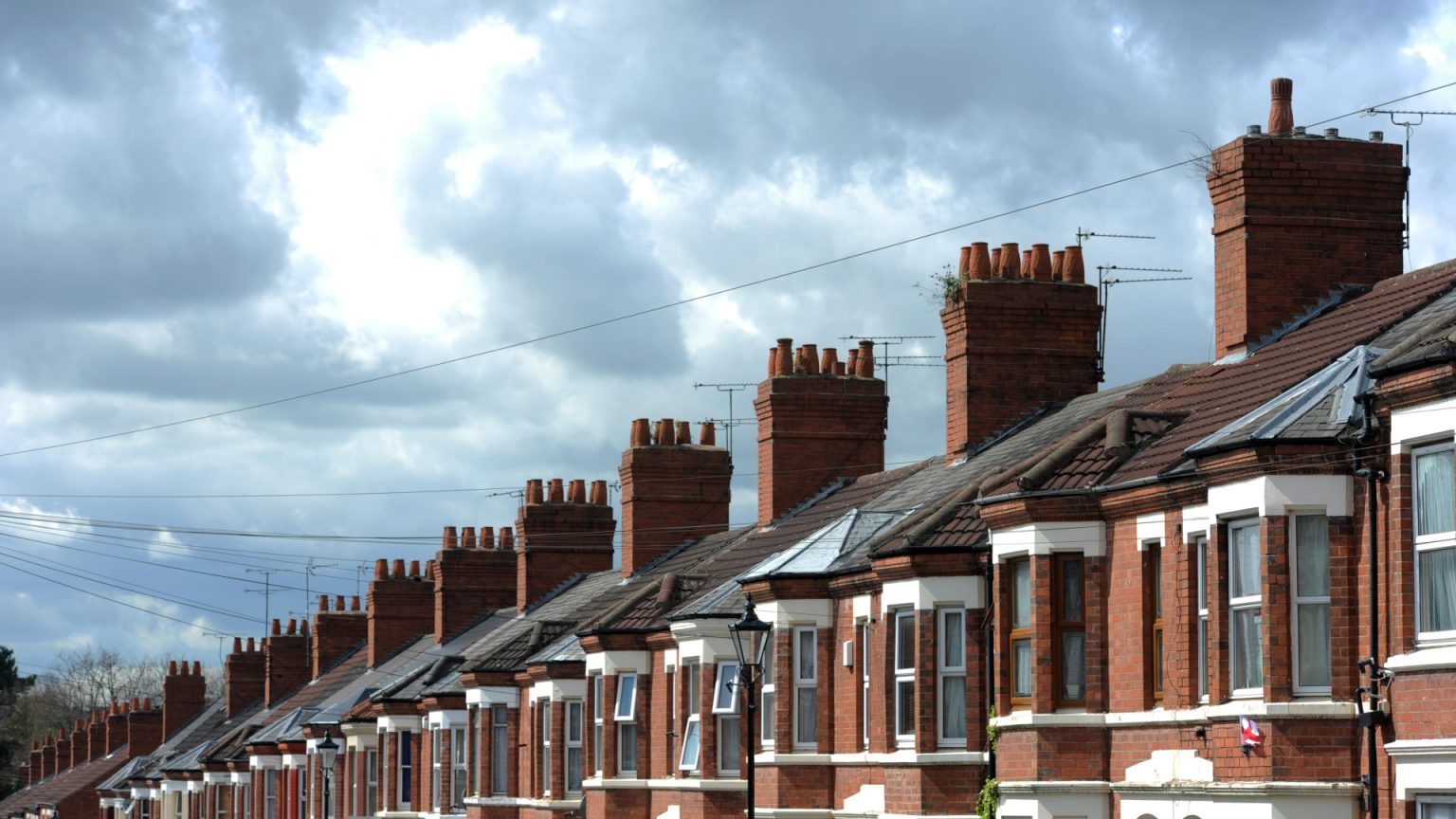Social housing tenants in the UK are entitled to specific living standards and can claim compensation from their landlords for breaches of these standards, often relating to disrepair issues like mold, leaks, and lack of heating or hot water. Landlords are legally obligated to maintain the property, ensuring it is fit for habitation, and their failure to do so can result in significant financial penalties. The Housing Ombudsman serves as an independent body to resolve disputes between tenants and landlords, often recommending solutions like repairs, policy changes, and financial compensation. Recent data indicates a substantial increase in both the number of Ombudsman interventions and the amount of compensation awarded, highlighting the growing prevalence of disrepair issues in social housing.
One notable case saw a tenant awarded £20,000 in compensation, illustrating the potential scale of these payouts. The high compensation amounts often reflect the severity and long-term nature of the problems, with some tenants enduring substandard living conditions for years before seeking redress through the Ombudsman. This underscores the importance of tenants understanding their rights and the avenues available to them for complaint resolution. The Ombudsman aims to address not just individual cases but also systemic issues within housing providers, advocating for improved practices, investment in existing properties, and better service management to prevent future complaints.
The amount of compensation awarded varies depending on the specific circumstances of each case, including the severity of the disrepair, its impact on the tenant’s health and well-being, and the landlord’s response to complaints. The process for seeking compensation involves initially lodging a formal complaint with the landlord, clearly outlining the issues and desired resolutions. If the landlord fails to address the complaint adequately, tenants can escalate the matter to the Housing Ombudsman. The Ombudsman then attempts to mediate a resolution between the parties, which can include repairs, policy changes, and financial compensation. This mediation process offers a faster resolution than a full investigation.
Should mediation fail, the Ombudsman can launch a formal investigation into the matter. This investigation rigorously examines the landlord’s actions, assessing their compliance with legal obligations, codes of practice, and internal policies. The Ombudsman determines whether the landlord acted fairly and reasonably, and whether their actions constitute maladministration, which includes failing to comply with legal requirements, applying policies inconsistently, acting unreasonably, or treating the tenant unfairly. Investigations can take up to a year, although high-risk cases are prioritized and typically resolved within six months.
If the investigation finds the landlord at fault, the Ombudsman can issue orders and recommendations, compelling the landlord to take corrective action. This can include paying compensation to the tenant, issuing a formal apology, reviewing and revising internal policies, completing outstanding repairs, and implementing other measures to prevent similar issues from recurring. Landlords are legally obligated to comply with the Ombudsman’s orders. This system provides an important mechanism for holding landlords accountable and ensuring that social housing tenants live in safe and habitable conditions.
Beyond the specific terms of individual tenancy agreements, landlords have a fundamental legal responsibility to maintain the property’s structural integrity and essential services. This includes maintaining the exterior, roof, walls, foundations, drainage, pipes, windows, and doors, as well as internal plumbing, electrical wiring, heating systems, and hot water supply. These responsibilities cannot be waived or transferred to the tenant, and landlords cannot charge tenants for repairs that fall under their legal obligation. It is crucial for tenants to promptly report any disrepair issues to their landlord to initiate the repair process and potentially trigger the landlord’s legal obligations. This ensures that problems are addressed promptly and prevents them from escalating into more serious and costly issues, safeguarding the health and well-being of tenants and maintaining the value of the property.




